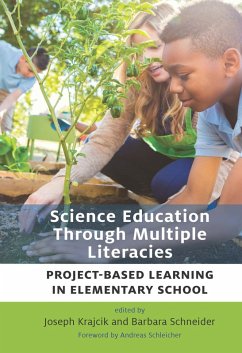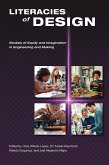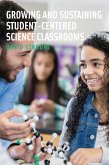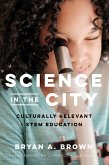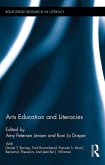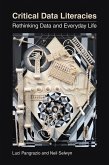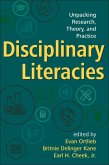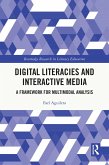Science Education Through Multiple Literacies explores how the use of project-based learning in elementary science education fosters a lifelong scientific mindset in students. The book provides educators with the teaching practices to help students develop an overall science literacy that aligns with Next Generation Science Standards. Editors Joseph Krajcik and Barbara Schneider and the book's contributors offer a comprehensive overview of the multifaceted approach to science learning. Multiple Literacies in Project-Based Learning (ML-PBL) interweaves scientific ideas and practices, language literacy, and mathematical thinking. ML-PBL supports the teaching of science by paralleling what scientists do: it engages students and their teachers in investigating real-world questions, constructing models, and using evidence to evaluate claims. The book presents compelling case studies of ML-PBL, how teachers use this approach, and how the ML-PBL transforms the classroom into an environment that builds and supports academic and student social-emotional learning. Representing both urban and suburban schools, the case studies include classroom observations, student and teacher interviews, and student artifacts to illustrate how to make science relevant in students' lives. Krajcik and Schneider note that application of ML-PBL requires intentional instructional practices and new ways of thinking about what it means to learn. Easing this challenge, the editors equip elementary science teachers with curricular resources including high-quality instructional materials, professional-learning exercises, and formative assessments. Science Education Through Multiple Literacies provides the necessary elements to transform science teaching and learning so that students learn the skills to navigate with confidence through our complex world.
Dieser Download kann aus rechtlichen Gründen nur mit Rechnungsadresse in A, D ausgeliefert werden.

